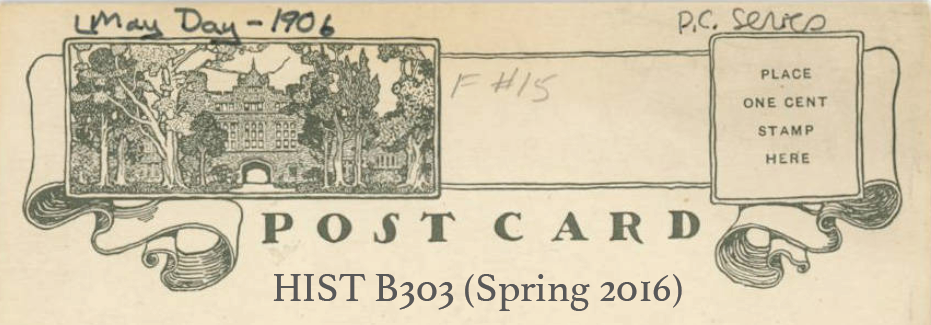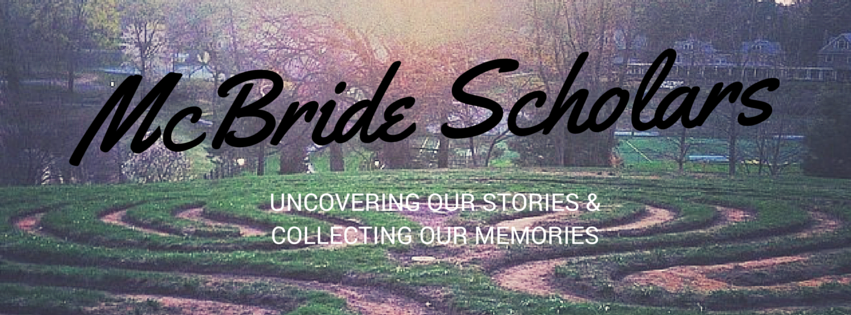For my final project I would like to propose a creation plan digital archival repository for the McBride Scholars of Bryn Mawr College’s history. I intend use a combination of class readings, academic writings about the lives of nontraditional students, and the small amount of publically available information on the McBride program. I believe that the unique dynamics of the McBride community have extensively contributed to Bryn Mawr’s history. However, in my preliminary research I have found very little information available. I will draw connections between this void and the spaces public historians have problematized during this semester. With this proposal, I believe that this is an archival silence that can be solved.
This project was primarily inspired by our work on the Summer School for Workers and the digital exhibits “The Summer School for Women Workers: Diversity, Class and Education” and “BRYN MAWR COLLEGE: A WORK IN PROGRESS”. These exhibits both explore the lives of marginalized students who were also “non-traditional”. Both of these exhibits do not mention the McBride Program, I want to explore why that is a recurring narrative in Bryn Mawr’s public history. I believe that the reasons for the founding of the Summer School resonate with the McBride program’s current cohort. The reasons for the founding of the McBride program are unclear and I think that defining this is essential to contextualizing Bryn Mawr’s history and public narrative.
I intend to answer many of the questions that have been plaguing me since I first discovered the invisibility of McBrides in our shared public history at BMC. I want to explore why we don’t appear in any of the archival or special collections repositories available online. I would like to create a more concrete timeline of the McBride’s history. I would like to outline a plan for collecting oral histories to learn about place and body memory experiences McBrides have had on campus. I will use digital tools such as the wayback machine archive to determine what organizational documents and publications are in need of collection. I will also propose the collection of photographs and physical objects (like May Day gifts). The program has undergone many changes over it’s 30 year history but there has been a constant theme of resilience that is important to make a part of the public conversation.

